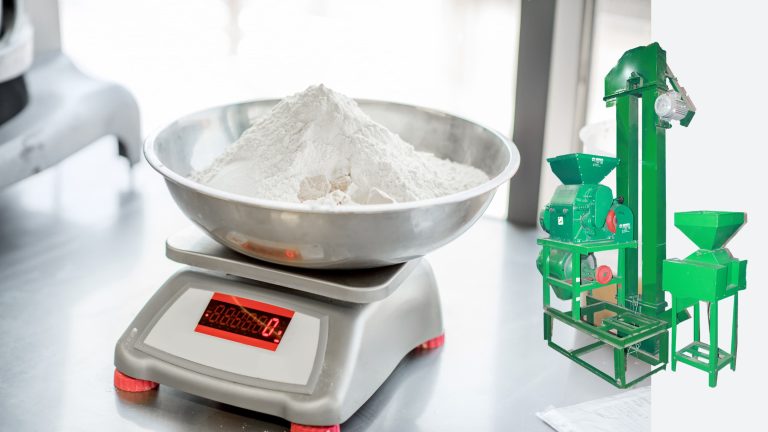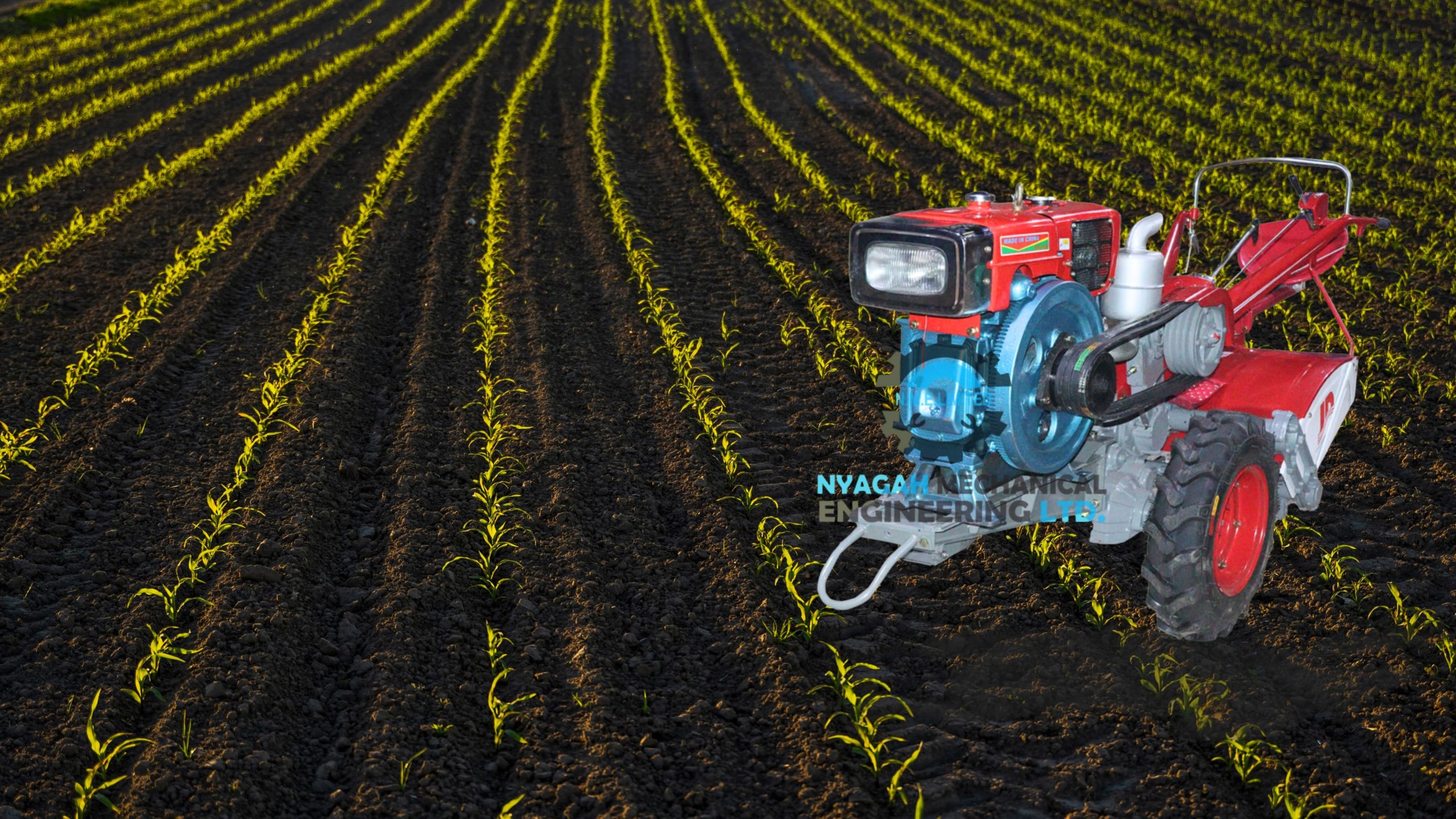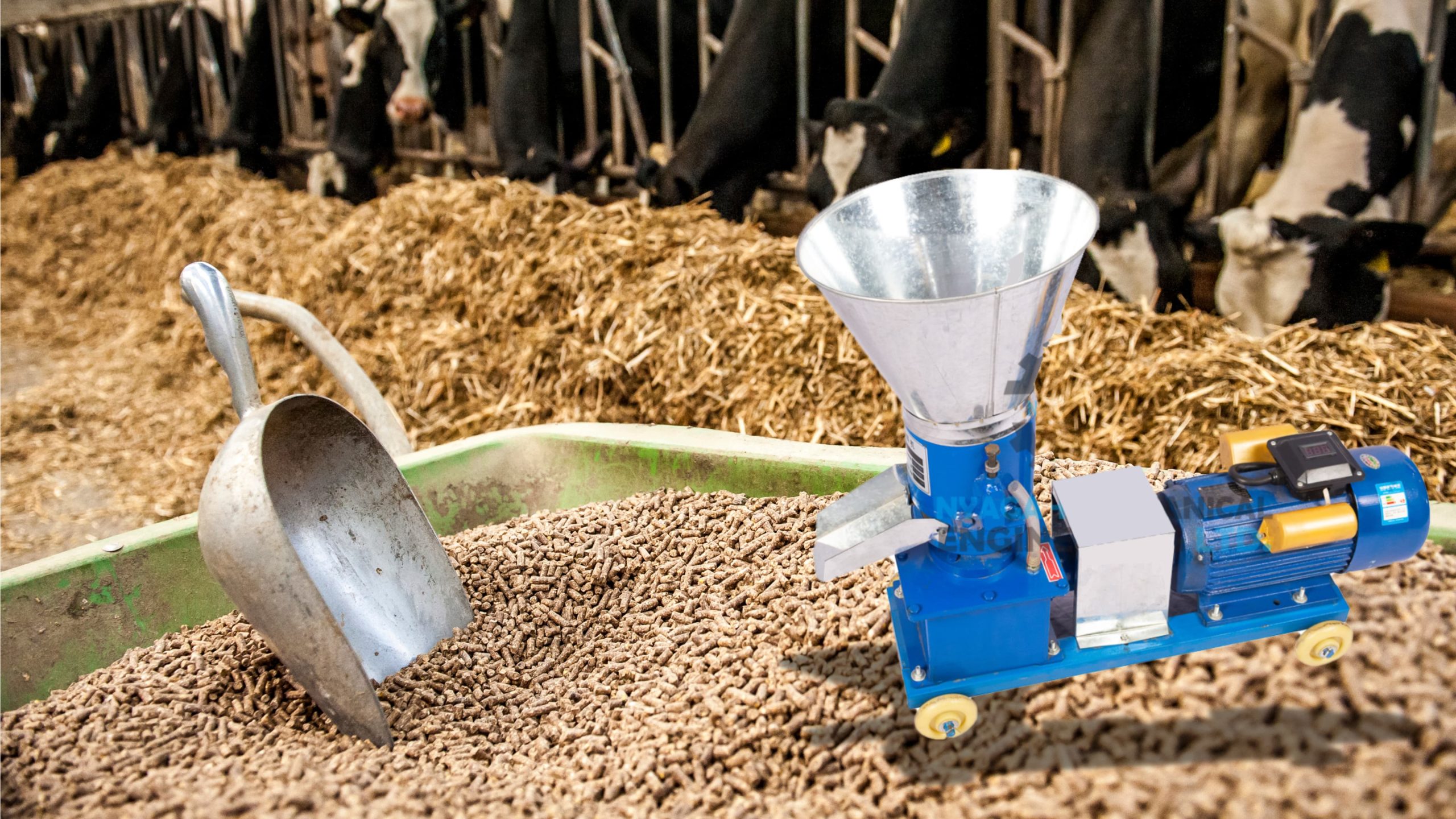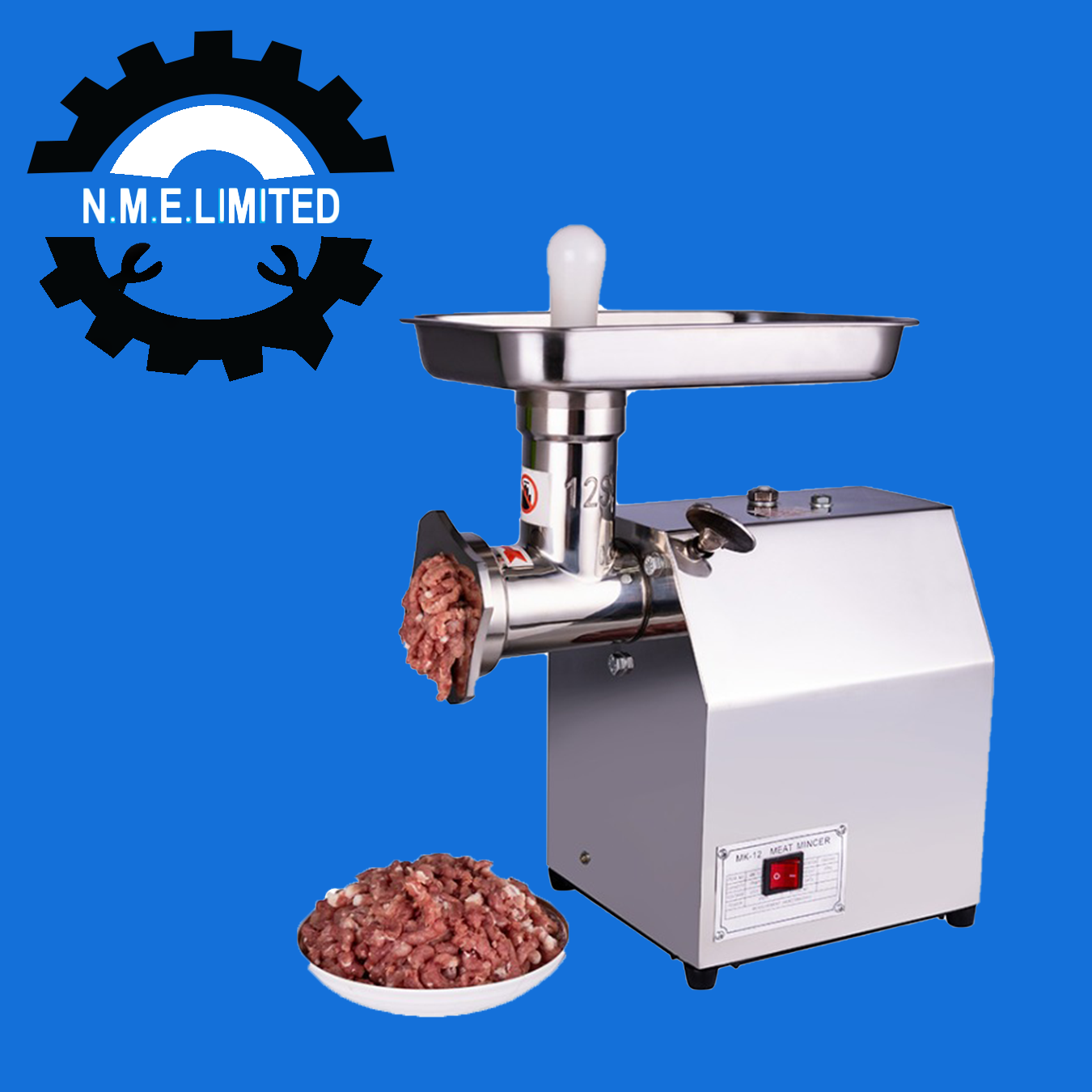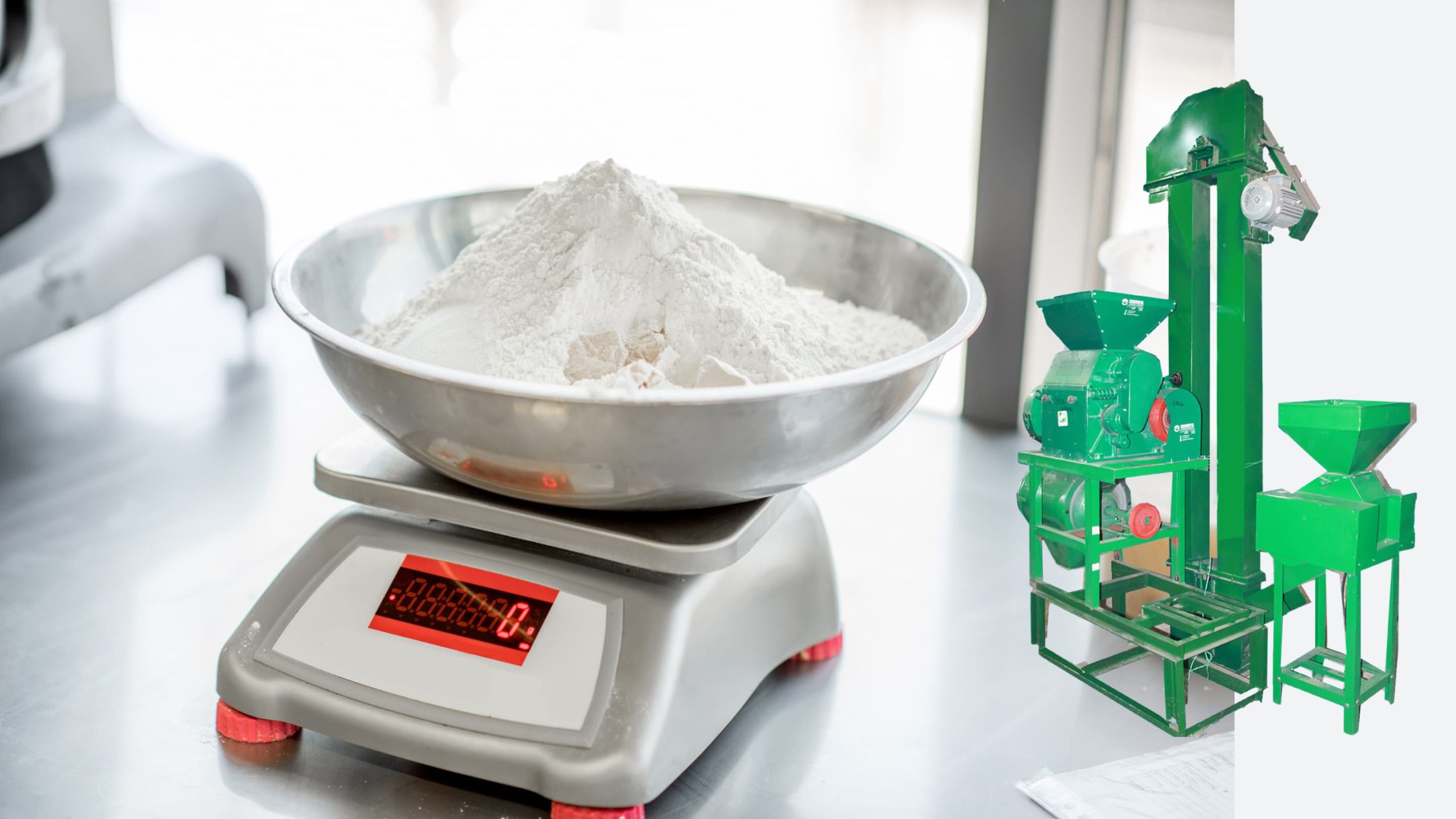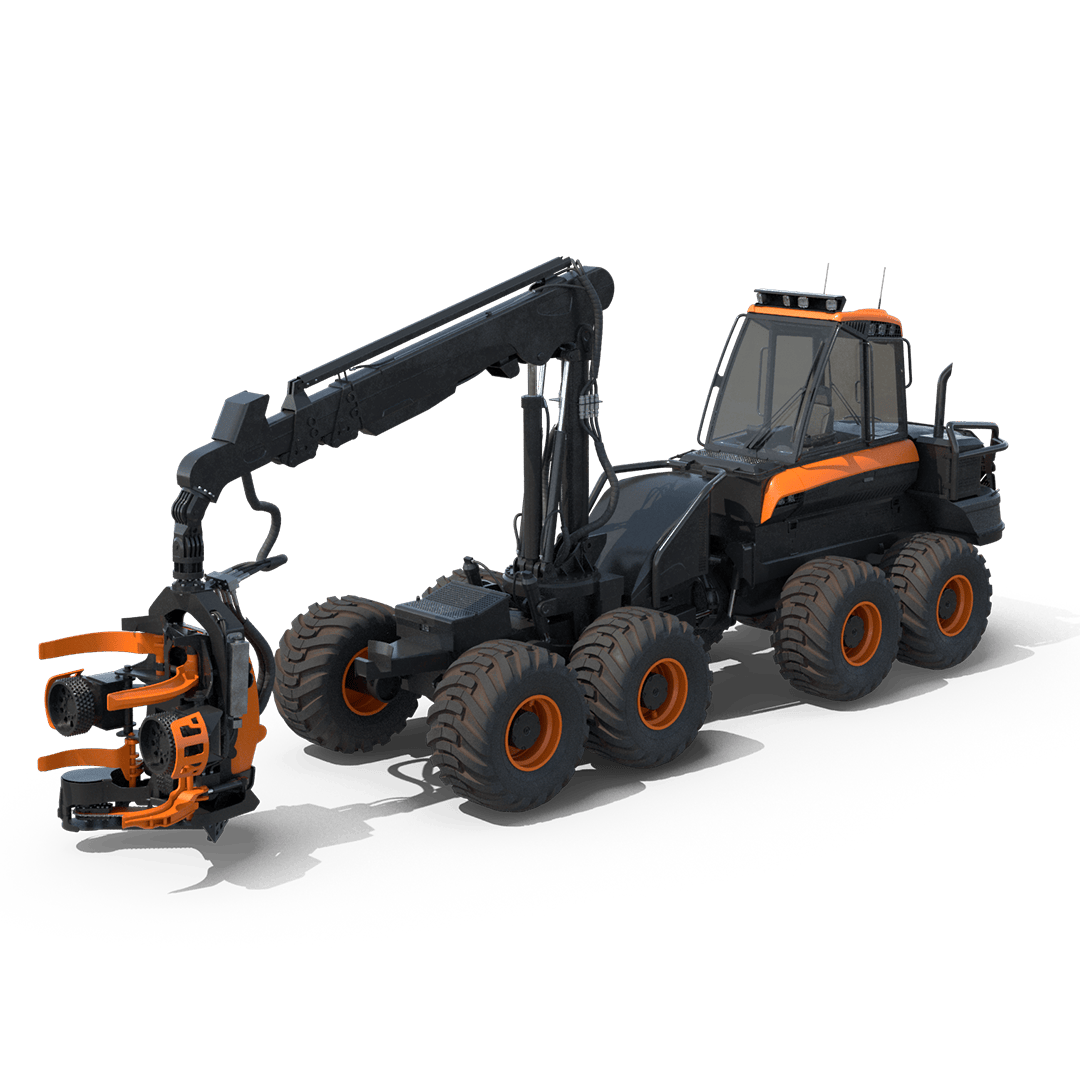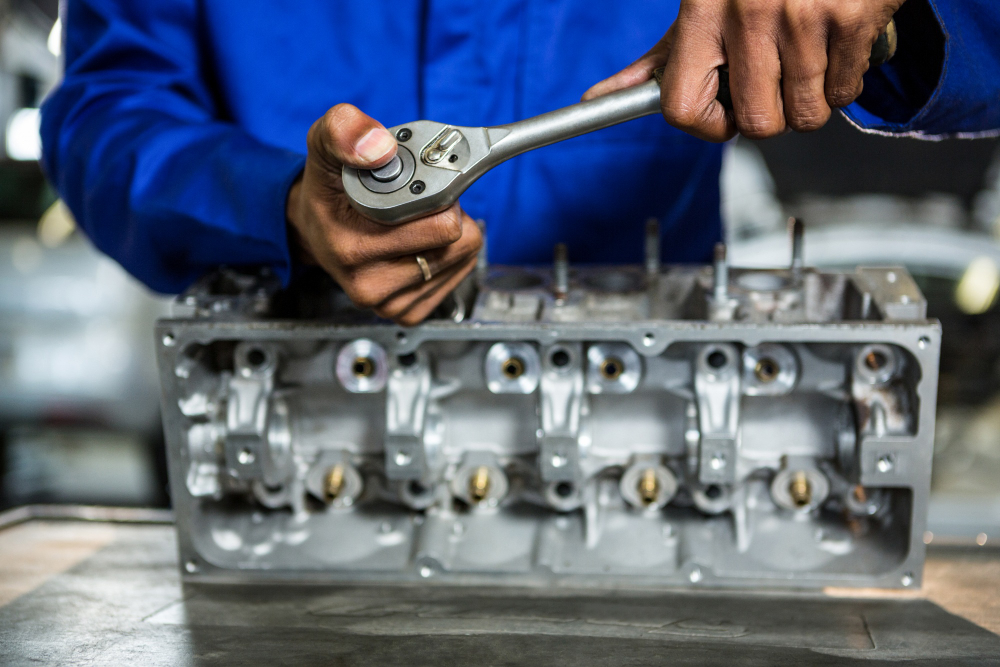Kenya’s agricultural landscape plays a vital role in feeding the population and driving the economy. One of the most essential businesses in this ecosystem is the posho mill. With maize being a staple food in most households, establishing a posho mill business offers a promising and sustainable venture. Let’s dive into what it takes to start and run a successful posho mill business in Kenya.
Understanding the Posho Mill Business
A posho mill is a machine used to grind maize into flour — a key ingredient in preparing ugali, a popular Kenyan meal. There are two main types of posho mills:
- Electric-powered posho mills — Suitable for urban areas with reliable electricity.
- Diesel-powered posho mills — Ideal for rural areas where electricity may be unreliable or unavailable.
The business model revolves around milling maize for customers and charging per kilogram. Some entrepreneurs also sell pre-packaged maize flour, which can generate additional income.
Why Start a Posho Mill Business?
- High Demand: Maize flour is a daily necessity for most Kenyan households.
- Consistent Market: Urban and rural communities rely on affordable, locally milled maize flour.
- Profitability: Milling fees, combined with sales of flour and by-products like bran (used for animal feed), provide multiple income streams.
- Scalability: Start with a small mill and expand as the customer base grows.
Setting Up Your Posho Mill Business
- Market Research:
- Identify a strategic location with high foot traffic, preferably near residential areas or marketplaces.
- Understand the pricing structures in the area to remain competitive.
- Choose the Right Posho Mill: Nyagah Mechanical Engineering Limited offers a variety of high-quality, durable posho mills tailored for Kenyan entrepreneurs. Some of their recommended options include:
- Electric Posho Mill: Best for areas with stable electricity. This model is efficient, easy to operate, and low maintenance.
- Diesel Posho Mill: Reliable for off-grid areas. It ensures uninterrupted milling even during power outages.
- Combined Posho Mill: A versatile machine that processes maize into both sifted and unsifted flour.
- Secure Licensing:
- Acquire the necessary business permits from your local county government.
- Register your business with the relevant authorities, such as the Kenya Revenue Authority (KRA) for tax compliance.
- Set Up the Milling Space:
- Ensure your premises are clean and spacious enough to accommodate machinery and customers comfortably.
- Invest in basic equipment like weighing scales and packaging materials if you plan to sell flour.
- Source Maize:
- Establish a reliable network of maize suppliers to guarantee a steady flow of raw materials.
- Consider sourcing directly from farmers to reduce costs.
- Hiring Staff:
- For small operations, you might start by managing the business yourself.
- As you expand, hiring assistants ensures better customer service and longer working hours.
Managing and Growing Your Business
To ensure long-term success, focus on these key areas:
- Pricing: Set competitive milling charges while factoring in operational costs and a profit margin.
- Customer Service: Build trust with your customers through friendly, efficient service.
- Maintenance: Regular servicing of your posho mill prevents breakdowns and ensures smooth operations.
- Marketing: Use local advertising methods like posters and word-of-mouth. Social media can also attract a wider audience.
Final Thoughts
The posho mill business remains one of Kenya’s most lucrative small-scale ventures. With the right location, equipment, and dedication, you can build a thriving enterprise that supports your community while generating sustainable profits.
Nyagah Mechanical Engineering Limited is committed to empowering entrepreneurs with reliable, high-performance posho mills. Visit Nyagah Mechanical Engineering Limited to explore their range of posho mill machines and kickstart your business journey today.

